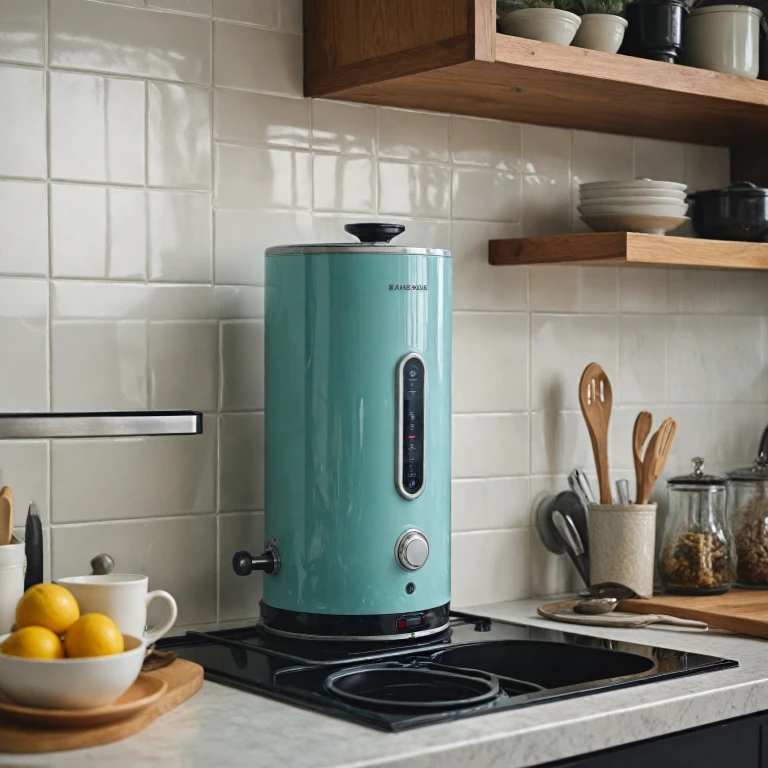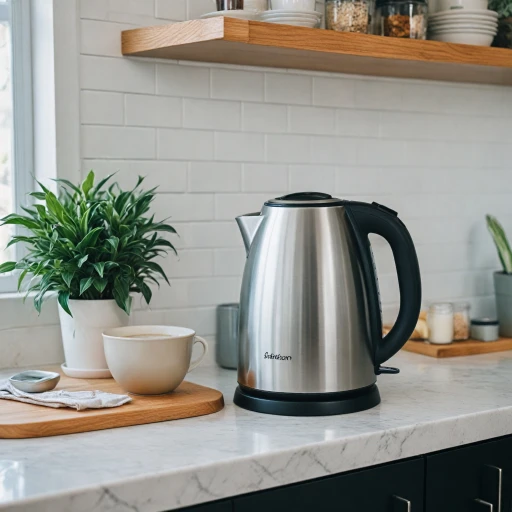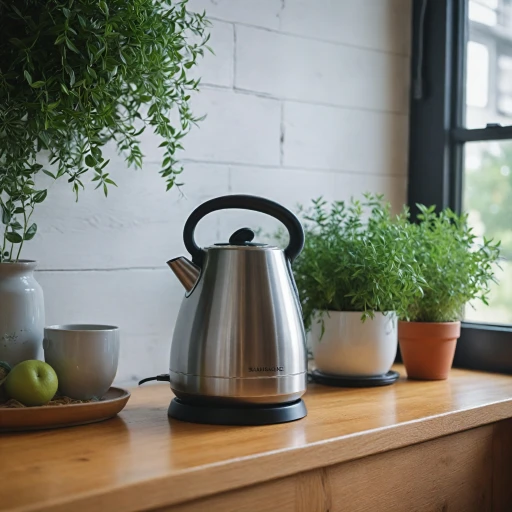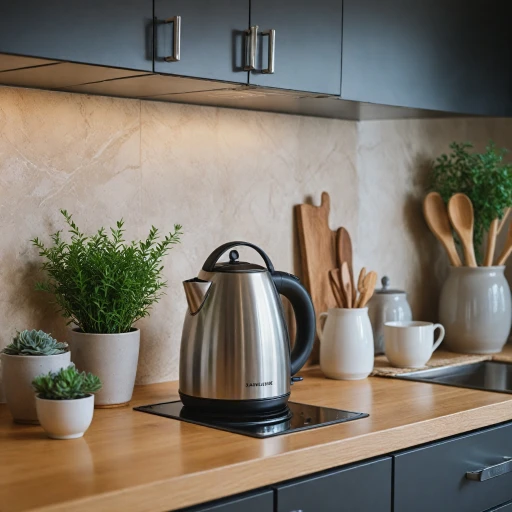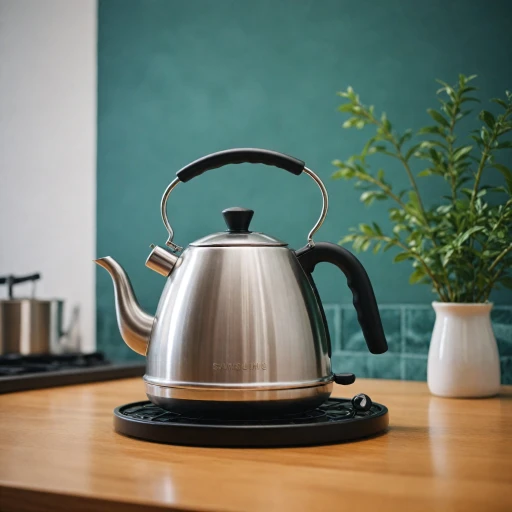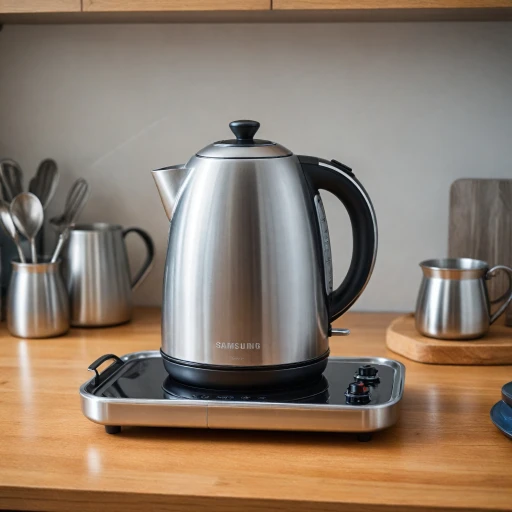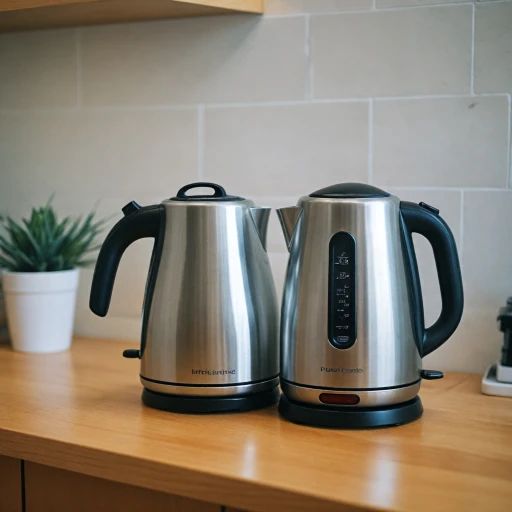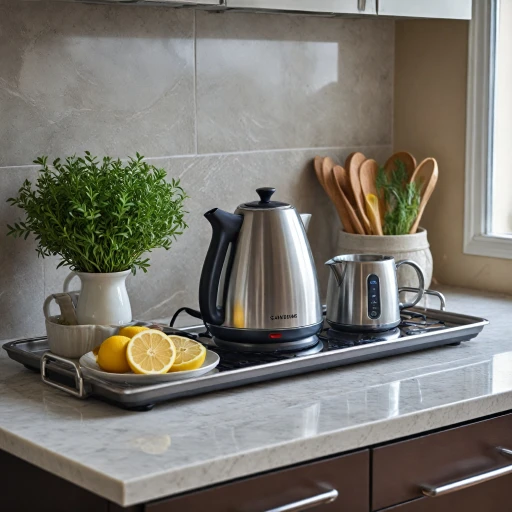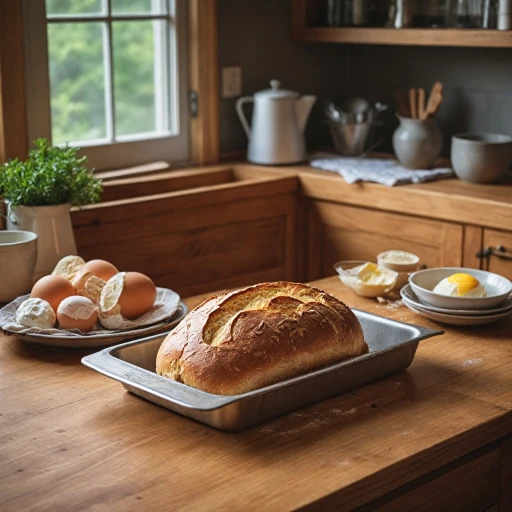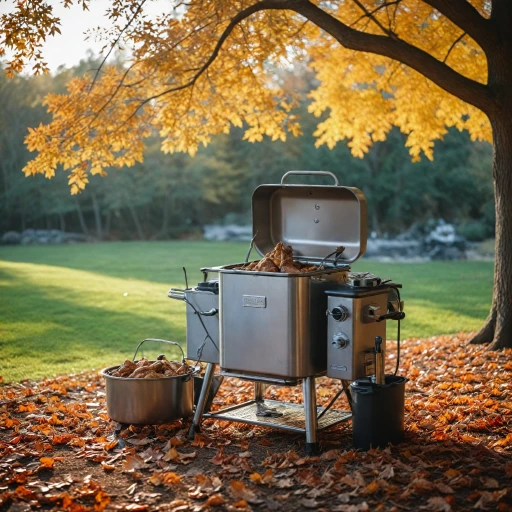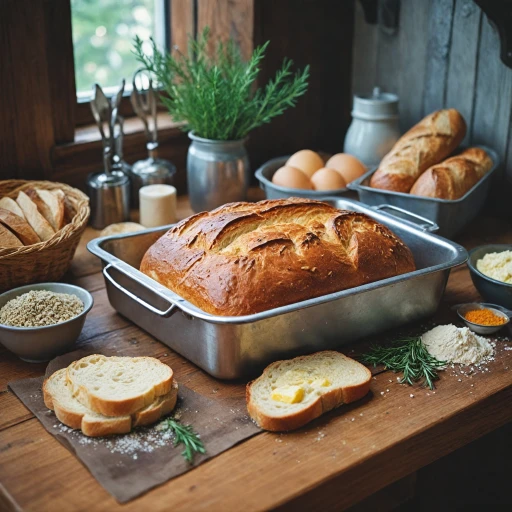What is a Handheld Electric Water Heater?
Exploring the World of Handheld Electric Water Heaters
The handheld electric water heater is a versatile device that has gained popularity among those seeking convenience in heating water. These compact heaters provide hot water quickly and are perfect for a range of applications, from camping trips to emergency household use. As a portable electric solution, they combine modern technology with practicality, offering an easy way to obtain hot water without the need for a traditional setup.
Handheld electric water heaters are designed to be lightweight and easy to transport. They're an excellent choice for outdoor enthusiasts, as they can be used alongside other portable appliances such as a stainless steel serving tray during camping trips. The tankless design maximizes efficiency, reducing the time needed for water to reach the desired temperature.
A key feature of these portable water heaters is their compact size, often referred to as mini tank or electric tankless water heaters. With no need for a large tank, these devices can be a cost-effective choice, saving users money on energy bills and providing flexibility to heat water as needed. This portable tankless model can be used both indoors and outdoors, making it a member of versatile equipment for many environments.
Additionally, handheld electric water heaters often have features to ensure both safety and efficiency, which will be further explored in subsequent sections of this blog post. When considering a purchase, it's important to verify that the device is CSA certified, ensuring it meets all necessary safety standards.
Advantages of Using a Handheld Electric Water Heater
The Advantages of Going Portable with an Electric Water Heater
For those who love the great outdoors or simply enjoy a portable solution for heating water, handheld electric water heaters are a brilliant choice. These devices are compact, easy to transport, and perfect for situations where a traditional tank isn't an option. Let’s explore some of the key advantages:- Flexibility and Portability: Whether you're camping under the stars or need a travel-friendly solution for your trips, portable electric heaters provide the freedom to enjoy hot water anywhere, anytime. Their compact size makes them ideal for outdoor portable use without the hassle of heavy equipment.
- Efficiency in Performance: These mini devices often boast high efficiency, as many are designed with modern technology that ensures rapid heating. They offer an efficient flow rate, allowing for a satisfying warm shower or a quick brew of morning coffee.
- Cost-Effective Alternative: Investing in a portable water heater can be more economical compared to traditional propane or electric tank systems. The "mini tank" feature allows for just the right amount of hot water, reducing energy costs.
- Minimal Installation: Unlike traditional heaters that might require professional installation and significant space, portable electric versions are usually plug-and-play. Their "tankless" feature often means no storage tank and pluming complexities, making them easy to set up.
- Catering to a Variety of Needs: Whether you need a heater for a remote camping trip or an alternative to a potentially costly propane tankless heater, there are options to suit every preference. Many models, like the Camplux, are CSA certified for safety and reliability.
Energy Efficiency Considerations
Prioritizing Efficiency with Innovative Technology
When considering a handheld electric water heater, one notable advantage lies in its energy efficiency, particularly when compared to traditional kettles. Knowing the specifications can help you choose the right product that suits your needs while keeping energy consumption at bay. The efficient nature of a portable tankless unit provides hot water instantly, as it heats water only when needed. This concept eliminates the need for water storage like in a traditional tank, thus reducing standby heat loss. Here are some factors to consider to ensure you’re getting the most energy-efficient model:- Flow Rate: The flow rate, often measured in gallons per minute (gpm), determines how quickly and efficiently the heater can provide hot water. Models equipped with adjustable flow rates can have a significant impact on your unit's overall energy consumption, balancing between comfort and efficiency.
- Advanced Features: Consider water heaters that boast energy-saving technologies, such as thermostatic control or smart sensors that adjust to your specific hot water usage patterns.
- Energy Source: While many portable electric models run on standard household electricity, others might use propane or natural gas. Understanding whether your preferred model is an electric tankless, propane tankless, or another variation can help you make energy-conscious decisions. Consider eco-friendly arrangements like CSA certified units that align with recognized safety and efficiency standards.
Safety Features to Look For
Key Safety Features to Consider
When evaluating a handheld electric water heater for your needs, it's crucial to consider the safety features that come with it. These features not only ensure a secure usage of the device but also guarantee its longevity. Safety considerations are especially important when opting for a portable or outdoor portable electric water heater model, which may be used in varying environmental conditions.- Automatic Shut-off Feature: This is an essential feature that turns off the heater when the water reaches a certain temperature, preventing overheating and potential hazards.
- Overheat Protection: Overheat protection will safeguard both the heater and its user by preventing the device from reaching dangerous temperatures. It effectively reduces the risk of burns or overheating, which is vital in portable tankless water heaters.
- CSA Certification: A CSA certified appliance has met national and international standards for safety and performance, ensuring a measure of reliability and safety during operation. Portable electric water heaters that are CSA certified tend to be more trustworthy.
- Leakage Prevention: To avoid water damage and potential accidents, make sure your electric water heater has built-in leakage prevention mechanisms.
- Stable Base and Design: A well-designed base provides stability, reducing the risk of the heater tipping over during use. This can be particularly important in camping or outdoor settings.
Comparing Handheld Electric Water Heaters to Traditional Kettles
Exploring the Differences: Handheld Electric Water Heaters vs. Traditional Kettles
When evaluating your options for heating water, it’s essential to understand how handheld electric water heaters stack up against traditional kettles. Both have their unique advantages, but which option is right for you? Traditional kettles, which have been around for centuries, offer simplicity and reliability. They are available in various styles, from the classic stovetop models to the more modern electric kettles. Traditional electric kettles are often prized for their ability to quickly heat water and their availability in a range of designs and prices, making them a popular choice for many households. In contrast, handheld electric water heaters—often referred to as portable tankless models—introduce a layer of flexibility absent in traditional kettles. These heaters offer the luxury of heating water on-demand, making them perfect for specific applications, especially in settings like camping or outdoor events. Many of these portable devices can be powered both by electricity and propane, providing versatility and convenience. One of the major benefits of a portable electric system is its lightweight design, making it a preferred choice for travelers and outdoor enthusiasts. The compact size means less space is required, and they are also portable to any location with ease. Additionally, these heaters provide hot water instantly without the need for a tank, significantly reducing heating time and energy consumption. However, the choice might come down to your specific needs. If you are looking for an option where space and flexibility are priorities, and you require quick hot water access across various locations—such as at a camping site or an outdoor portable shower—a portable electric water heater is an excellent choice. On the other hand, if your needs are more focused on routine kitchen or household use, and you appreciate reliable, comprehensive solutions, a traditional kettle might be more appropriate. In summary, while both solutions offer effective hot water solutions, understanding the context of your use is critical in making the right choice. Whether you prefer the classic approach or a more modern and adaptable method, each has its unique benefits to offer, ensuring you can find the right type of heating solution tailored to your lifestyle and needs.Tips for Maintaining Your Handheld Electric Water Heater
Effective Maintenance Tips for Your Portable Water Heater
Maintaining your handheld electric water heater is crucial to ensuring it continues to provide hot water efficiently and safely. Here are several tips to help keep your device in top condition:- Regular Cleaning: Ensure that any portable electric or portable propane unit is clean to avoid any blockages that could interfere with the smooth flow rate of water. A clogged system may lead to inefficiencies and raise operation costs unnecessarily.
- Check for Scale Build-up: Over time, minerals can accumulate within the tank or heating elements of a portable tankless system. This scale build-up can reduce the effectiveness of the heater. Regularly descaling with a solution recommended by the manufacturer can help maintain peak performance.
- Inspect the Anode Rod: Some models include an anode rod that helps to protect the tank from corrosion. Check this component periodically and replace it if necessary to prolong the life of your heater.
- Examine for Leaks: Consistently check for any water leaks, especially if you have a tankless or mini tank heater. Catching leaks early can prevent potential water damage and ensure the heater remains efficient.
- Monitor the Heater GPM: For tankless water heaters, monitoring the gallons per minute (GPM) ensures that the heater does not exceed its capacity, which could lead to inadequate heating or overtaxing the system.
- Keep it CSA Certified: Ensure your heater remains CSA certified throughout its lifespan. This certification indicates compliance with specific safety standards, providing peace of mind.
- Seasonal Check-Ups: If you use your heater for camping or outdoor activities, perform seasonal checks, ensuring everything from your propane tankless system to your mini tank is functioning correctly before heading out.
- Consult the Owner's Manual: Always keep your owner's manual handy for specific maintenance instructions and troubleshooting tips provided by the manufacturer.
By following these maintenance practices, you can extend the lifespan of your portable water heaters, ensuring efficiency at an economical price during every use, whether for indoor or outdoor applications.
